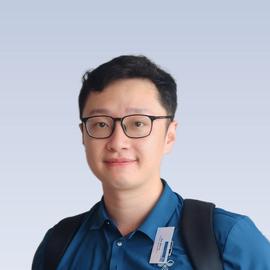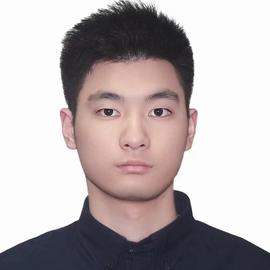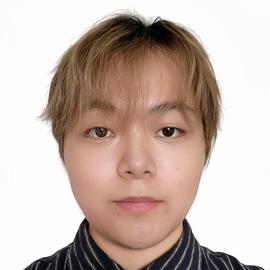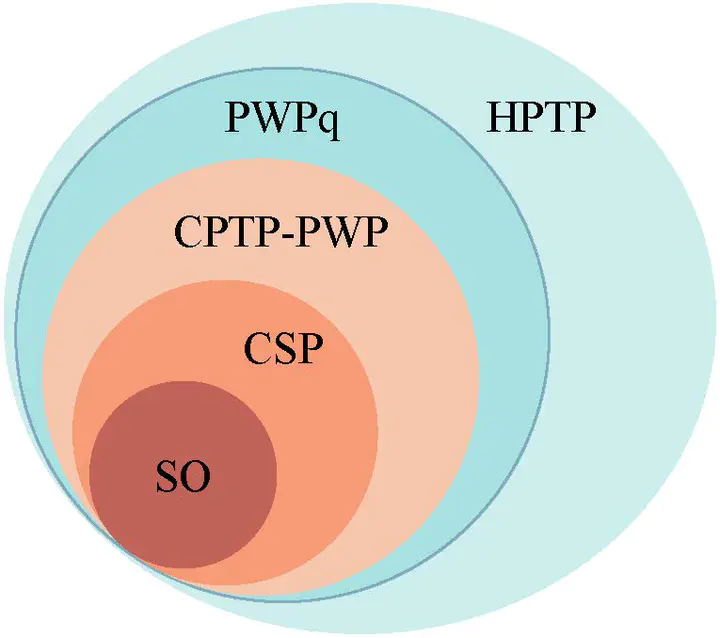Abstract
Magic states are essential for achieving universal quantum computation, yet the reversibility and efficiency of exact magic state manipulations remain less explored. Here we show that magic states in odd dimensions can be exactly and reversibly transformed under operations that preserve both the trace of states and positivity of discrete Wigner representation. Using the stochastic formalism, we demonstrate that magic mana emerges as the unique measure for such reversible magic state transformations. We propose the concept of physical implementability for characterizing the hardness and cost of maintaining reversibility. Our findings show that, analogous to the entanglement theory, going beyond the positivity constraint enables an exact reversible theory of magic manipulation. Physical implementability for quantum resource transformation provides a perspective for understanding and quantifying quantum resources, contributing to an operational framework for understanding the cost of reversible quantum resource manipulation.
Publication
Communications Physics

Research Associate
I obtained my BS in Mathematics and Applied Mathematics from University of Science and Technology of China. I obtained my PhD degree in Applied Mathematics from University of Chinese Academy of Sciences under the supervision of Prof. Xiao-Shan Gao. My research interests include quantum computing, symbolic computation and cryptanalysis.

Associate Professor
Prof. Xin Wang founded the QuAIR lab at HKUST(Guangzhou) in June 2023. His research primarily focuses on better understanding the limits of information processing with quantum systems and the power of quantum artificial intelligence. Prior to establishing the QuAIR lab, Prof. Wang was a Staff Researcher at the Institute for Quantum Computing at Baidu Research, where he concentrated on quantum computing research and the development of the Baidu Quantum Platform. Notably, he spearheaded the development of Paddle Quantum, a Python library designed for quantum machine learning. From 2018 to 2019, Prof. Wang held the position of Hartree Postdoctoral Fellow at the Joint Center for Quantum Information and Computer Science (QuICS) at the University of Maryland, College Park. He earned his doctorate in quantum information from the University of Technology Sydney in 2018, under the guidance of Prof. Runyao Duan and Prof. Andreas Winter. In 2014, Prof. Wang obtained his B.S. in mathematics (with Wu Yuzhang Honor) from Sichuan University.

PhD Student (2023)
I obtained my BMath in AMath, CO & joint PMath from the University of Waterloo. My research interests include quantum algorithm design and quantum machine learning.

PhD Student (2023)
I obtained my BS and MS degrees in computer science from the University of Melbourne. My research interests include distributed quantum computing, quantum entanglement and quantum machine learning.
 Schematic hierarchy of operations related to quantum nonstabilizerness.
Schematic hierarchy of operations related to quantum nonstabilizerness.